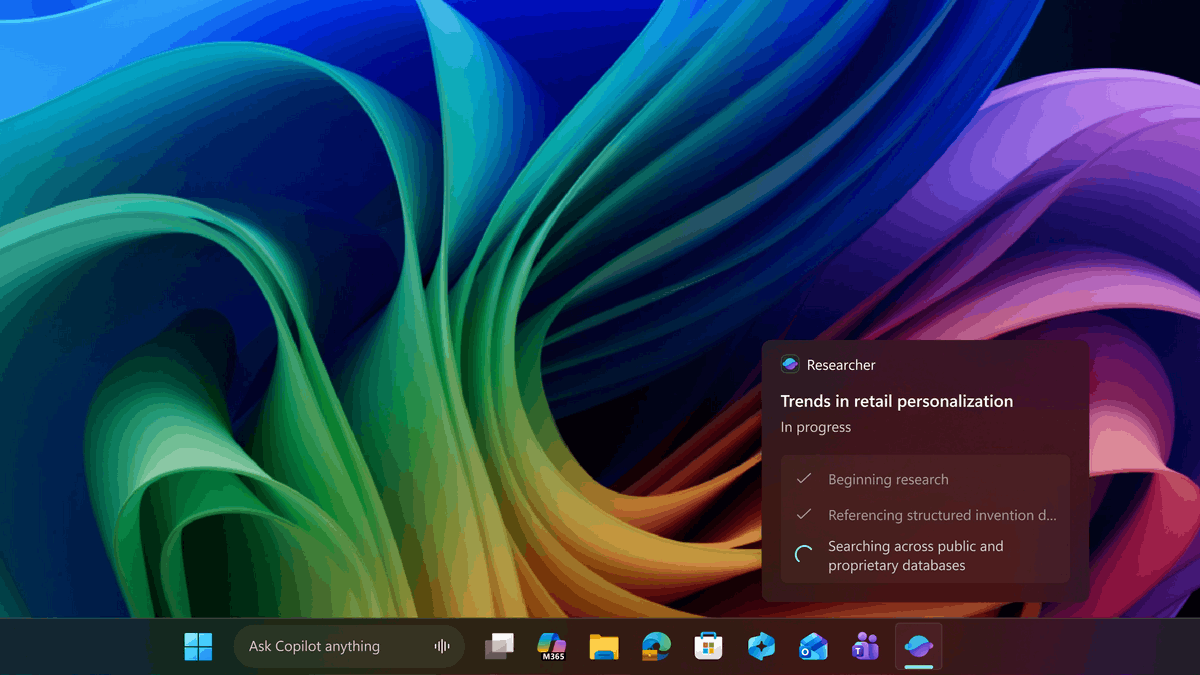Windows Embraces AI Agents with Model Context Protocol Integration
Microsoft is advancing AI integration in Windows through the Model Context Protocol, enabling developers to build sophisticated AI agents that seamlessly interact with applications and system components.

Windows Embraces AI Agents with Model Context Protocol Integration
Microsoft is making a significant push to embed AI agents directly into the Windows ecosystem through support for the Model Context Protocol (MCP). This development represents a fundamental shift in how applications can leverage artificial intelligence, moving beyond simple chatbot interfaces to create agents capable of performing complex tasks across multiple systems and services.
What is the Model Context Protocol?
The Model Context Protocol is an open standard that enables AI systems to access tools, data sources, and external services in a standardized way. By implementing MCP support in Windows, Microsoft is creating a framework that allows developers to build AI agents with consistent access to system resources, application data, and third-party services without requiring custom integrations for each individual use case.
This protocol-based approach simplifies the development process and reduces friction when deploying AI capabilities across enterprise and consumer applications. Rather than building bespoke connections between AI models and business logic, developers can leverage the standardized MCP framework to create agents that understand context and can take meaningful actions.
Integration with Windows 11 and Beyond
The integration of AI agents into Windows is already visible in the Windows 11 taskbar, where users can access AI-powered capabilities directly from the system interface. This represents the first wave of a broader strategy to make AI agents native components of the Windows experience rather than external tools.
Key capabilities include:
- Contextual awareness: AI agents can understand the current application context and user workflow
- System-level access: Agents can interact with Windows services, file systems, and installed applications
- Multi-service orchestration: Agents can coordinate actions across multiple applications and cloud services
- Developer flexibility: The open protocol allows third-party developers to extend agent functionality
Implications for Developers and Enterprises
For developers, MCP support in Windows opens new possibilities for application design. Rather than building monolithic applications with embedded AI logic, teams can create modular systems where AI agents act as intelligent intermediaries between users and services. This architectural approach enables faster iteration, easier maintenance, and more sophisticated user experiences.
Enterprise customers benefit from standardized AI integration that reduces vendor lock-in and simplifies deployment across heterogeneous environments. Organizations can build AI agents once and deploy them across multiple Windows installations without significant customization.
The Broader AI Strategy
This move aligns with Microsoft's broader commitment to making AI accessible and practical within existing workflows. By embedding AI agents into Windows at the system level, Microsoft is positioning the operating system as a platform for AI-driven productivity rather than simply a container for applications.
The Model Context Protocol approach also reflects industry trends toward standardization in AI tooling. As AI capabilities become more prevalent, standardized protocols reduce fragmentation and enable better interoperability between different AI systems and services.
Looking Forward
The introduction of MCP support in Windows signals Microsoft's intention to make AI agents a foundational component of modern computing. As developers adopt this framework and build more sophisticated agents, users can expect increasingly intelligent assistance with routine tasks, complex workflows, and cross-application coordination.
The success of this initiative will depend on developer adoption and the practical utility of agents built on this foundation. Early indicators from the Windows 11 taskbar integration suggest strong interest in system-level AI capabilities, setting the stage for broader implementation across Microsoft's platform ecosystem.
Key Sources
- Windows Latest: Coverage of AI agents integration in Windows 11 taskbar
- Petri.com: Analysis of Microsoft's Copilot and AI agent deployment strategy
- WinAero: Technical documentation of AI agent implementation in Windows systems



